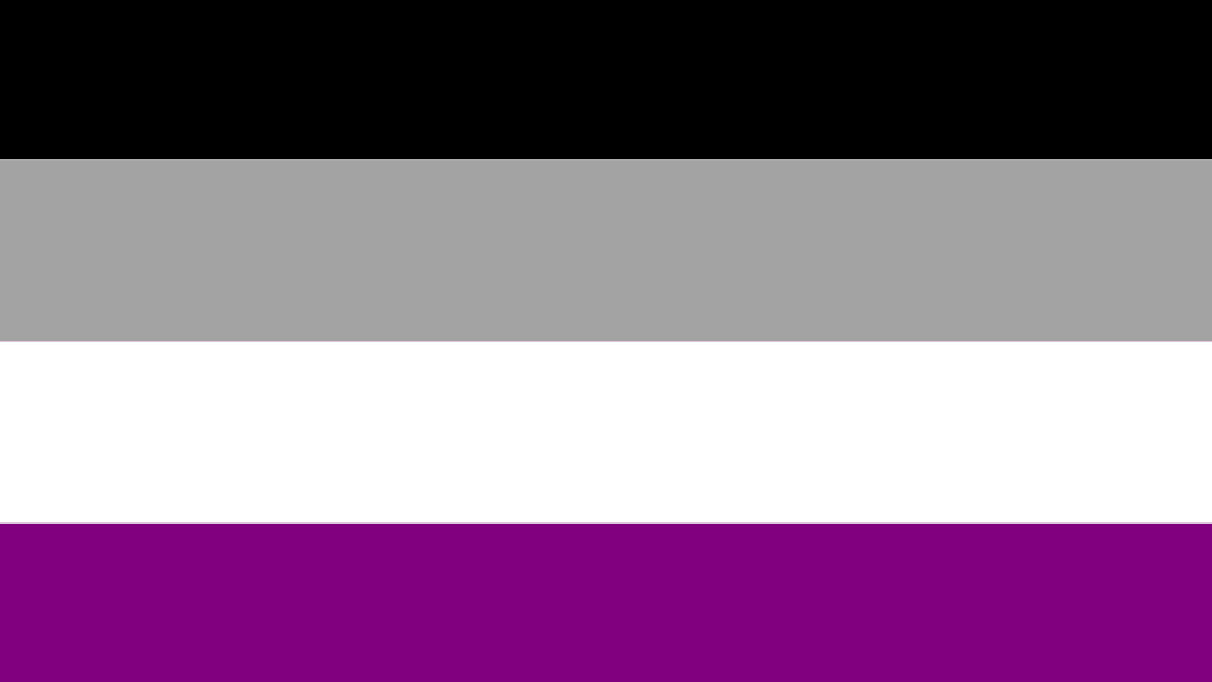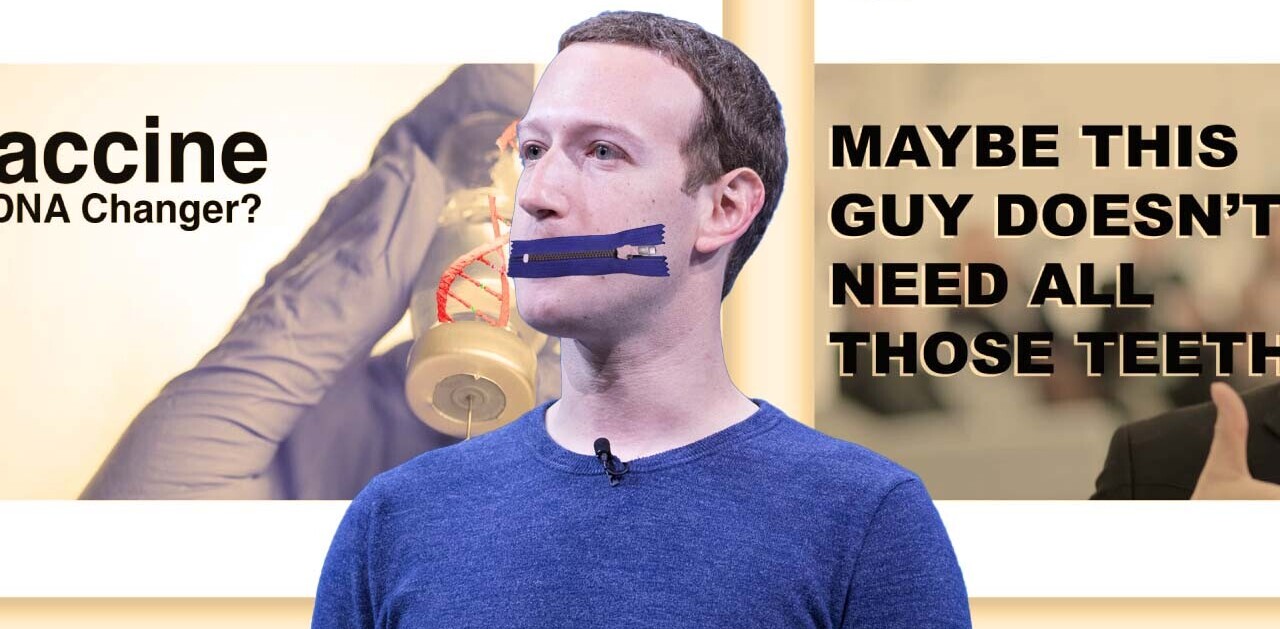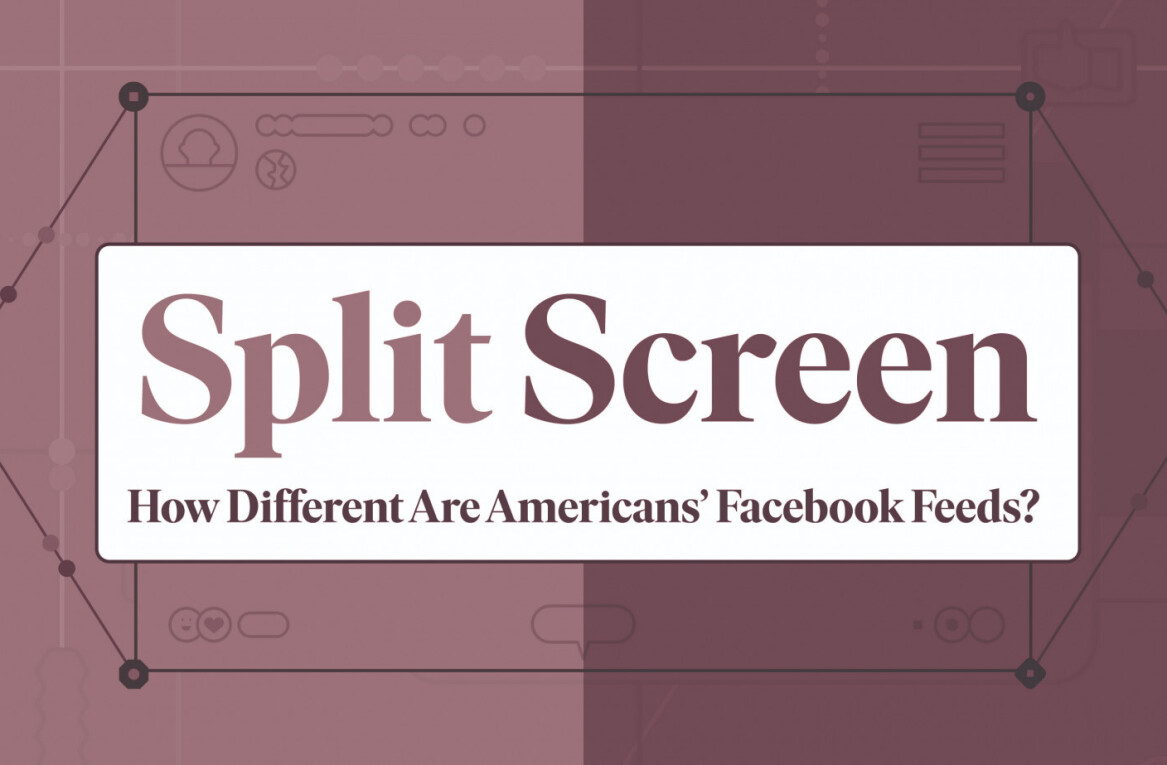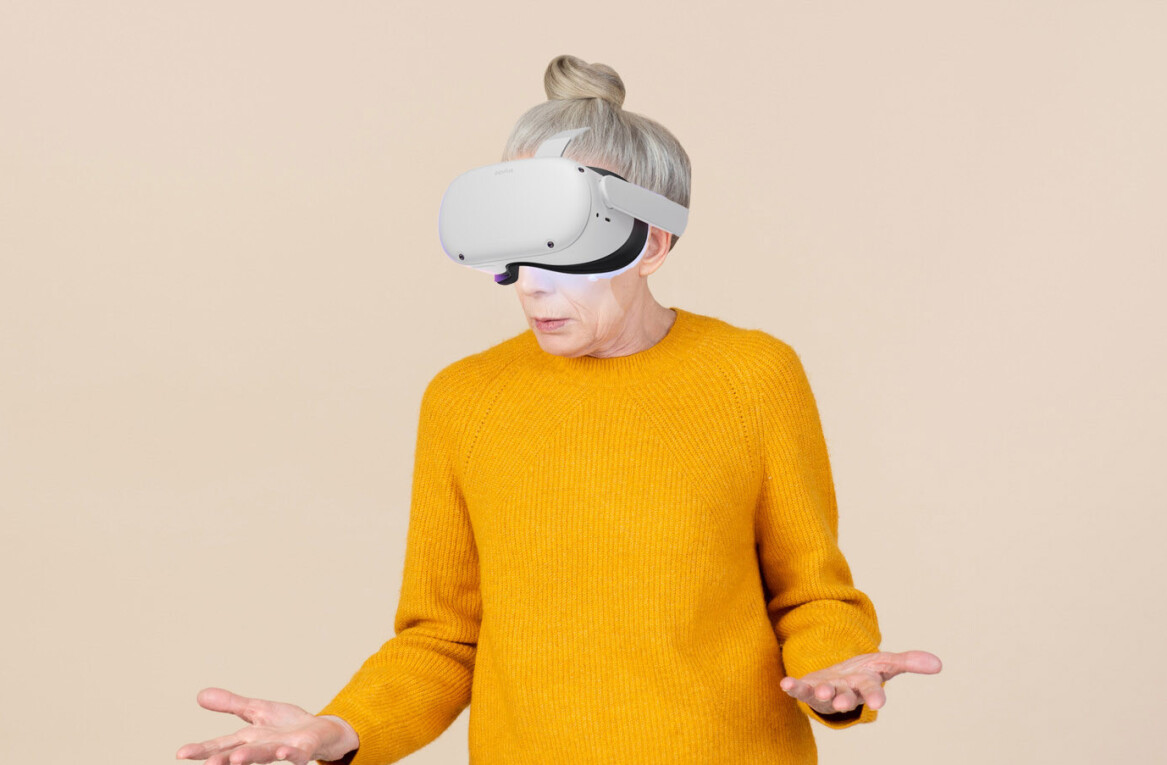Welcome to 

I’ve been out for exactly two weeks and, let me tell you, I’m exhausted.
Before June, I was a technology journalist. Now I’m a queer journo. It’s not an official distinction. I’m not getting paid for it, but I sure am being taxed. My time is taxed when I’m forced to choose between using my voice to advance the struggle for queer equality or focusing on personal endeavors like my career and family. And my time is also taxed by bigots whether I ignore, engage, or attempt to educate them.
It’s been 14 days, and if it weren’t for Twitter, Reddit, Facebook, Instagram, and thousands of online reporters, bloggers, and activists I’d be lost already. I’m not even sure if I’m queer enough for Pride.
And I’m not the only one. Having interviewed about a dozen people for our Pride month coverage so far, a theme I’m seeing is that most of us, at some point or another, wonder if we’re queer enough. Some of us don’t even know that Pride is actually about us. We might think Pride is only for the fabulous and flamboyant, or only for people who are in queer relationships.

Some of us don’t think we’re queer enough because we don’t look like the people in the iconic images the media loves to show off during its minimal Pride coverage. But pictures of queer BDSM groups and pop stars performing on giant floats make more intriguing magazine covers for heteronormative audiences than a bunch of relatively not-queer-appearing people politely carrying, for example, an asexual flag.
[Read: TNW’s guide to virtual Pride 2020 events]
Lucky for us, we live in a digital world. When I started contemplating coming out last year, I went to Reddit to see if there were other people like me. I’d never met an out cis-male pansexual or demisexual (ironically, while editing this article I found out my colleague Napier is an out demisexual who has struggled with many of the same questions). And I found the r/demisexual and r/asexuality boards invaluable. Anyone can use Google to learn terminology and dictionary definitions, but Reddit is an excellent resource for discovering what the experience of being queer is like.
Reddit taught me that not only are there people out there like me, but that those people are all different. No two queers are alike.

Twitter and Instagram showed me that queer is glamorous, shocking, bold, beautiful, normal, and even wonderfully average. Decades ago queer representation in media boiled down to “Will & Grace” and the “Ellen” show.
Now, we’ve got free Randy Rainbow videos in our timelines and a direct line of communication to stars like Lil Nas X. But most importantly, we can see queer people share their stories and read the comments. These tiny anecdotes work as little slices of normalization. And yes, the bigots are there too. But they’re also out there in the real world. And it helps to see how other queer people deal with them in any context.
Drawn by my 14 year old in honor of #PRIDE2020 and #BlackLivesMatter. Proud mom. pic.twitter.com/9QqyWzQz9K
— Catherine Mitchell (@cat_mitchell) June 10, 2020
Happy #PRIDE2020 Sending love x
— Emma Watson (@EmmaWatson) June 10, 2020
Happy #Pride2020 from this Sp(ace) Queen! I’ve missed you all so much. ?
This year I came out as asexual and biromantic. I love talking about space, but I’d love to help provide educational resources on what it’s like being an asexual. We might be silent, but we’re here. ? pic.twitter.com/jU56RXJWmm
— Rach in Space (@cosmicrachael) June 10, 2020
Perhaps the biggest online tool out there for those of us with queer identity crisis are vlog and blog posts and mainstream news videos and articles that highlight queer voices. For decades now our stories have been primarily told by heteronormatives. And that means queers watching and reading the news have traditionally gotten the version of LGBTQPIA+ life that straight people see.
Today, there are more queer voices in the online media chorus than ever. That representation is important. We need to see people who look like us represented in digital media, not just those who present as queer enough to juxtapose against heteronormative types. And we need more representation for the vivacious in-your-face people who wear their pride like a peacock. Because heteronormative people get to do that too.
- Kara Swisher on Ambition, Bragging, and Having a Baby at 56 (The Cut)
- Janelle Monae opens up about her sexual orientation (CNN)
- Coming out trans in tech: An entrepreneur’s experience
Finally, there’s the fact that Pride is mostly virtual this year. All month long there will be hundreds of events ranging from huge spectacles featuring performances all the way to participatory networking workshops for professional queers. There will certainly be something for everyone, even non-queer allies. And you can attend them all via your smartphone.
You can sign up, attend, follow the discussion, and participate online. It’s a wonderful time to be queer! I’ve already attended a few events and, honestly, it feels like exposure therapy. The more “normal” stuff I see queer people doing online – ie, streaming performances, giving speeches, and all around making a spectacle of themselves like everyone does on the internet – the less I feel like an outcast.
And for those of us caught between the binary heterosexual world and being unsure where we fit in the veritable quantum spectrum of queerness the LGBTQPIA+ community is, normalization is a lifeline.
This is especially important in places where queerness is criminalized, or countries where it’s legal to discriminate against us. Because if our oppressors don’t care how queer we are, neither should we. You’re queer enough; you are enough.
Get the TNW newsletter
Get the most important tech news in your inbox each week.






